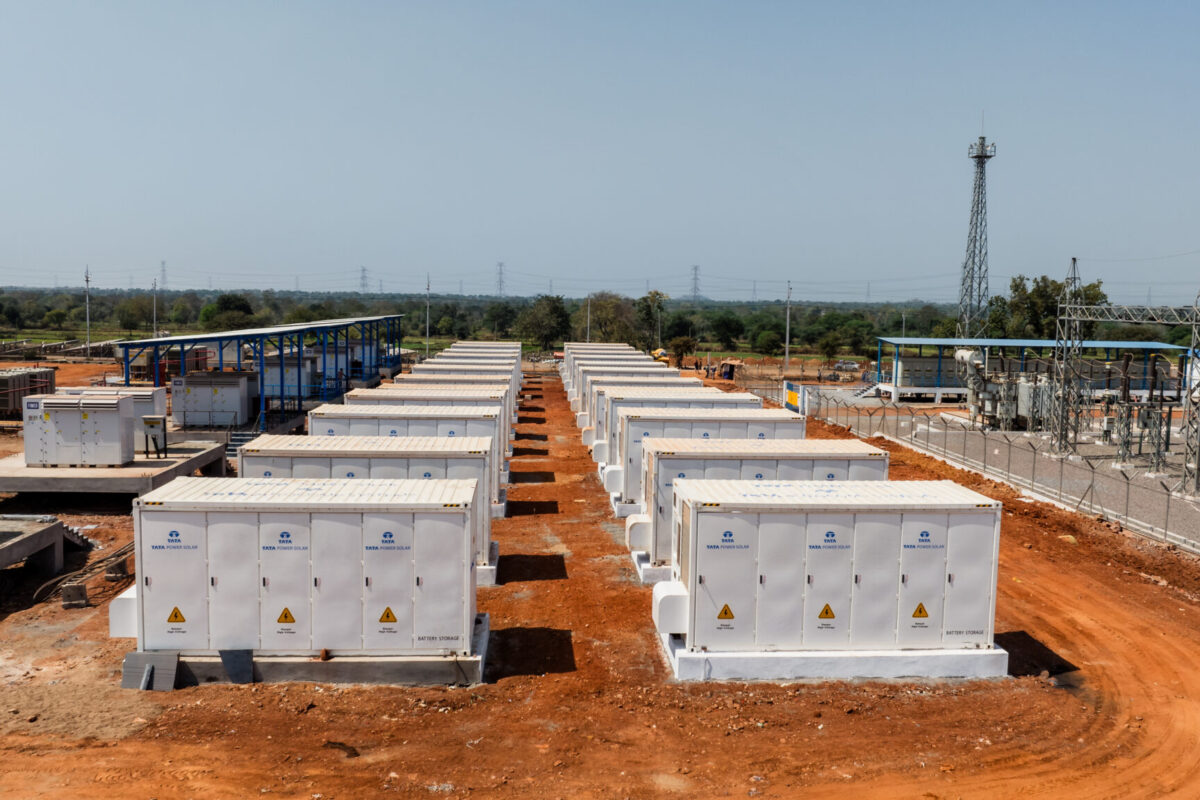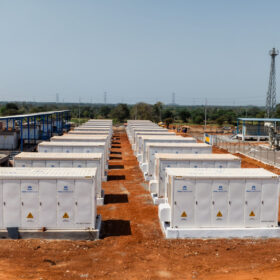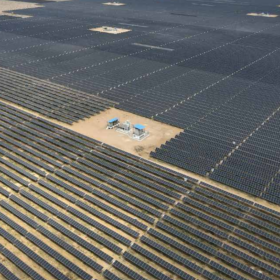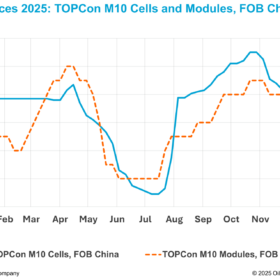The Union Cabinet chaired by Narendra Modi has expanded the remit of a national program to encourage domestic manufacturing and attract overseas companies, by adding ten new production areas to its remit, including high-efficiency solar PV modules and ‘advance-chemistry-cell’ batteries.
A previous INR51000 crore move to incentivize the manufacture of electronic components, pharmaceuticals and medical devices has been expanded with an additional near-INR146000 crore, five-year budget which will devote INR18100 crore to advanced battery manufacturing and INR4500 crore to solar panel production.
Battery storage
A statement issued by the national Press Information Bureau extolled the economic opportunity offered by advanced-chemistry battery manufacturing and said the national program passed by the government would attract big international players to set up shop in India.
A recent report by accountant KPMG indicated China, North America, Western Europe, Japan and South Korea dominate lithium-ion battery cell production. With India targeting domestic battery production to power its shift to electric vehicles, the government is seeking lithium deposits overseas while also investing in alternative battery technologies. The nation currently imports almost all of its lithium-ion cells and batteries.
Solar modules
India has spent INR17600 crore on imported solar cells and modules since 2015 with such shipments meeting 80-90% of demand, according to a report by Delhi-based thinktank the Council on Energy, Environment and Water.
“Large imports of solar PV panels pose risks in supply-chain resilience and have strategic security challenges considering the electronic (hackable) nature of the value chain,” said the Press Information Bureau. “A focused PLI [production-linked incentive] scheme for solar PV modules will incentivize domestic and global players to build large scale solar PV capacity in India and help India leapfrog [ahead] in capturing the global value chains for solar PV manufacturing.”
With India still 64 GW short of the 100 GW of solar generation capacity it has targeted by 2022, there is huge demand for solar polysilicon, wafers, cells and modules, some of which could be met by local manufacturing.
The nation has around 16 GW of annual solar module manufacturing capacity, of which around 9.5-10 GW is operational. India has just 2.5 GW of annual solar cell production capacity.
This content is protected by copyright and may not be reused. If you want to cooperate with us and would like to reuse some of our content, please contact: editors@pv-magazine.com.









At “this rate” of development (100GW by 2020) it will take India another 200 Years to reach Carbon Neutral….. during these 200 years another 500Million (2.5 Million/yr) Indians will die prematurely due to Pollution.
GOD BLESS INDIA FROM ITS EAO’s (Elected and Appointed Officials)…
Solar panel manufacturing should be for bifacial panels. Solar inverter manufacturing should be promoted. Li-ion and alternatives should get reserch support also. Utility scale battery applications are well suited for Vanadium redox flow batteries etc. Baseload power requirements can be met with nuclear power.